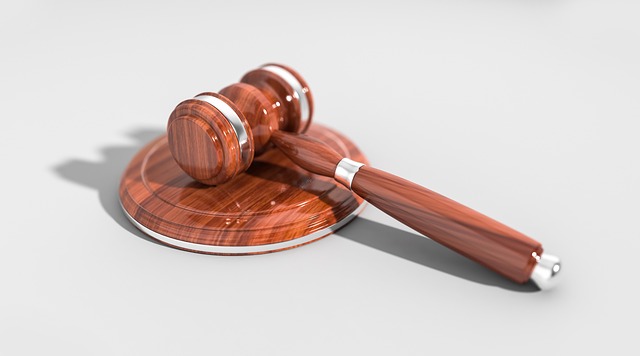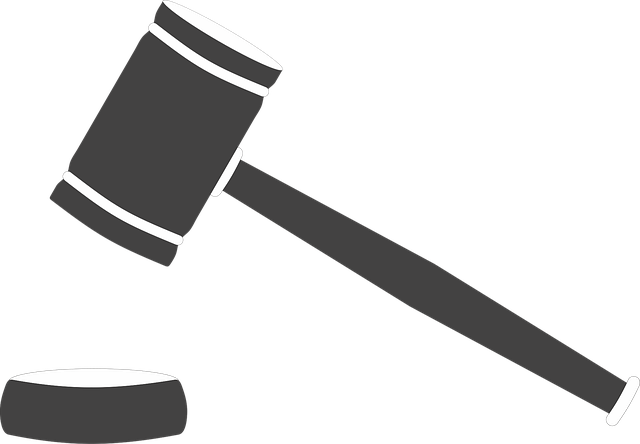Proper initial reporting, including detailed documentation of incident details, is crucial for establishing an injury case timeline. Court scheduling and discovery phase prepares both parties for trial through document exchange and witness interviews. The trial phase involves legal argumentation, testimonies, and evidence presentation before a judge or jury. Post-trial proceedings offer strategic reevaluation opportunities. Enlisting expert legal counsel maximizes favorable outcomes in complex cases.
“Uncovering the intricate relationship between court involvement and an injury case’s timeline is pivotal for understanding the legal process. From the moment of harm, through legal reporting, and into the courtrooms, each stage influences the subsequent steps in an injury case. This article explores the critical path of an injury case timeline, breaking down key phases: initial injury and legal reporting, the court scheduling and discovery phase, trial, verdict, and post-judgment procedures. By understanding these components, victims can better navigate their legal journey.”
- Initial Injury and Legal Reporting
- Court Scheduling and Discovery Phase
- Trial, Verdict, and Post-Judgment Steps
Initial Injury and Legal Reporting

When an injury occurs, the initial step in any legal process is proper reporting. This involves documenting the incident, including details like time, place, and those involved. For a successful injury case timeline, accurate and immediate reporting is crucial. Many people overlook this critical phase, often due to shock or misjudging the severity of their injuries, but it sets the foundation for what’s to come. A thorough report can help establish liability, especially in cases like slip and fall incidents where timely documentation can be key to proving negligence.
The process may vary slightly depending on the nature of the injury; for instance, a commercial dispute involving workplace injuries might require immediate notification of employers per legal obligations. However, regardless of the scenario, reporting should include seeking medical attention if serious injuries are suspected. This not only ensures the well-being of the injured party but also provides valuable evidence in potential legal proceedings.
Court Scheduling and Discovery Phase

The Court Scheduling and Discovery Phase is a critical juncture in any injury case timeline. During this stage, both parties—the plaintiff and defendant—are actively involved in preparing their cases for trial. The court sets deadlines and schedules various proceedings to ensure a timely resolution. This phase includes the exchange of essential documents, witness statements, and expert opinions, providing a comprehensive understanding of the facts surrounding the accident claim.
In personal injury law, this process is governed by strict protocols, emphasizing the fiduciary duty breaches between attorneys and their clients. Legal professionals are responsible for gathering evidence, interviewing witnesses, and constructing a compelling narrative to support their client’s claims. Effective court scheduling ensures that all parties have ample time to prepare, fostering a fair and just outcome in the event.
Trial, Verdict, and Post-Judgment Steps

After a lengthy process involving discovery, evidence gathering, and pre-trial hearings, the injury case timeline culminates in the trial phase. Here, both parties present their arguments, call witnesses, and submit evidence to a judge or jury. This critical stage determines the outcome of the case, whether through a settlement reached before the trial or a verdict delivered by the jury. In the event of a verdict, the court will issue a judgment based on the decision, which can have significant implications for both parties.
Post-trial proceedings are an essential part of the injury case timeline. The losing party may choose to file a motion for a new trial or a motion to alter or amend the judgment. These steps allow for further legal maneuvering and the potential for a different outcome. Alternatively, the successful party might need to enforce the judgment, ensuring that any awards or damages are paid. Throughout these post-judgment steps, experienced legal counsel is invaluable, especially in complex cases involving issues like defective products or breach of fiduciary duty, where a truck accident attorney’s expertise can be instrumental in navigating this final phase effectively.
Understanding the key stages of an injury case timeline, from initial reporting to post-judgment steps, is crucial for both plaintiffs and defendants. Navigating through court involvement requires a deep dive into each phase, ensuring every detail is meticulously documented. By grasping the timing and expectations of these processes, individuals can better prepare and manage their legal journeys, ultimately facilitating fair and efficient resolutions in injury cases.






